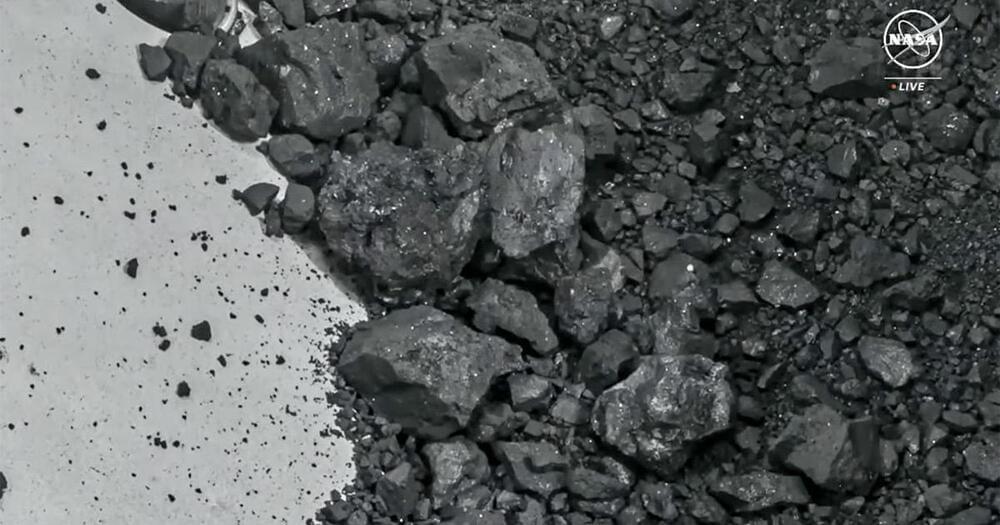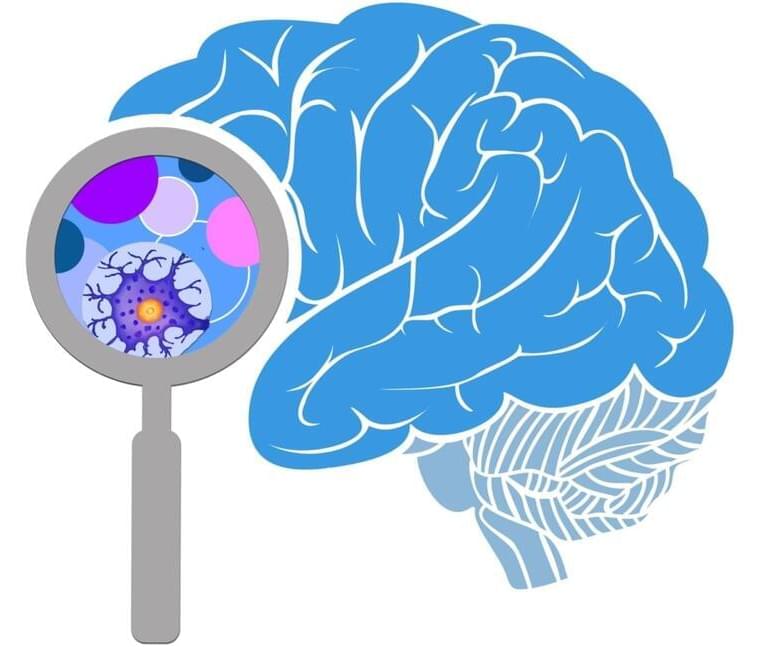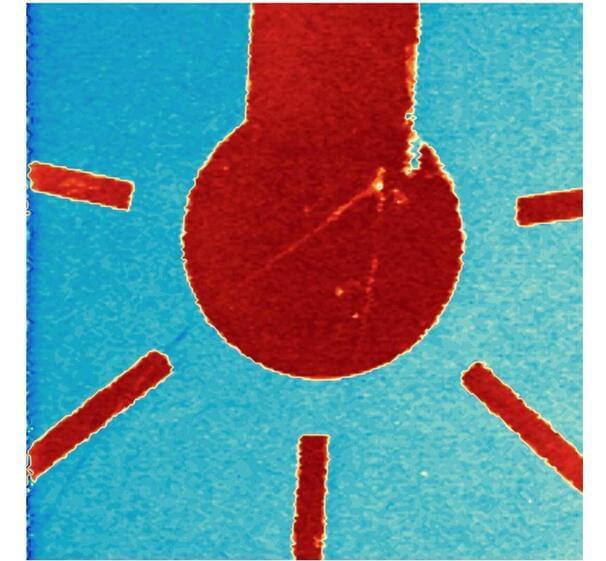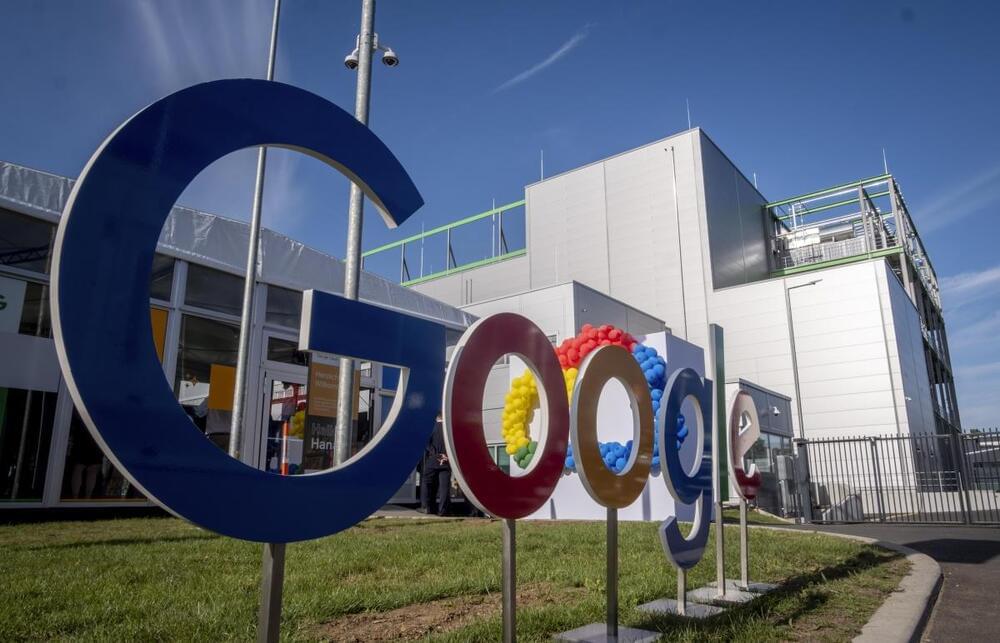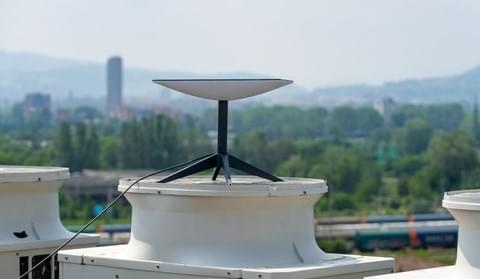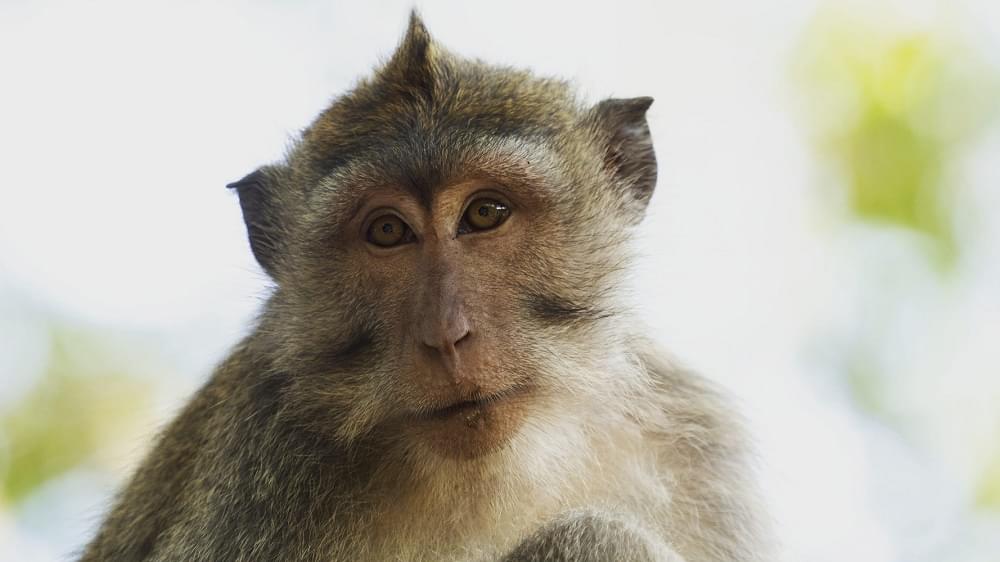Rocks and soil collected from the asteroid Bennu and brought back to Earth last month by NASA’s OSIRIS-REx probe are rich in carbon and contain water-bearing clay minerals that date back to the birth of the solar system, scientists said Wednesday. The discovery gives critical insight into the formation of our planet and supports theories about how water may have arrived on Earth in the distant past.
The clay minerals “have water locked inside their crystal structure,” said Dante Lauretta, a planetary scientist at the University of Arizona and the principal investigator of the asteroid sample return mission, while revealing initial photographs of the material.
